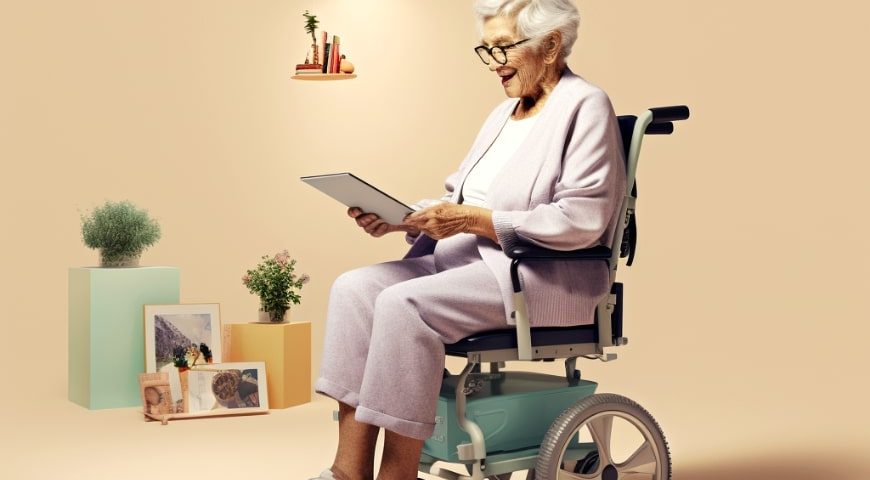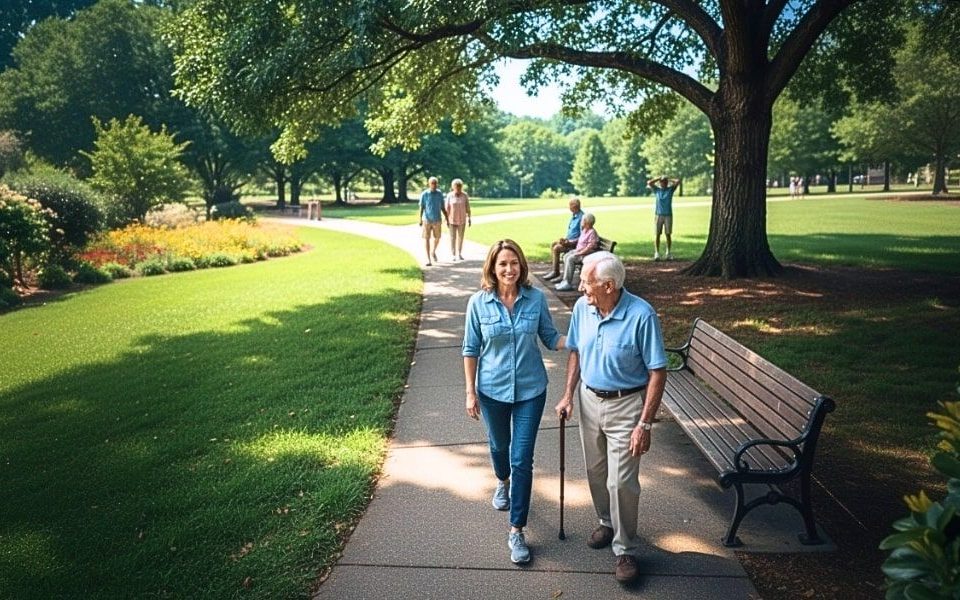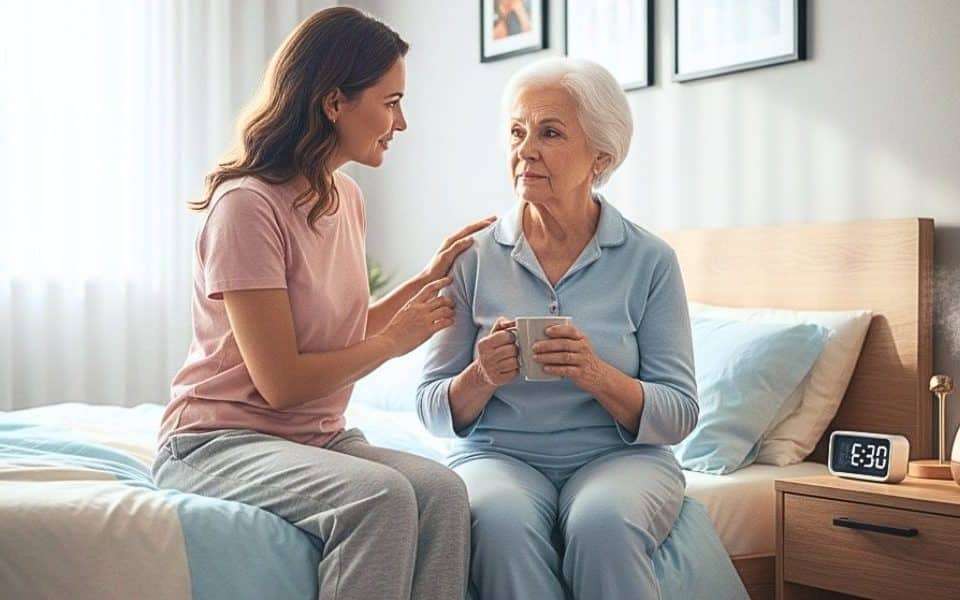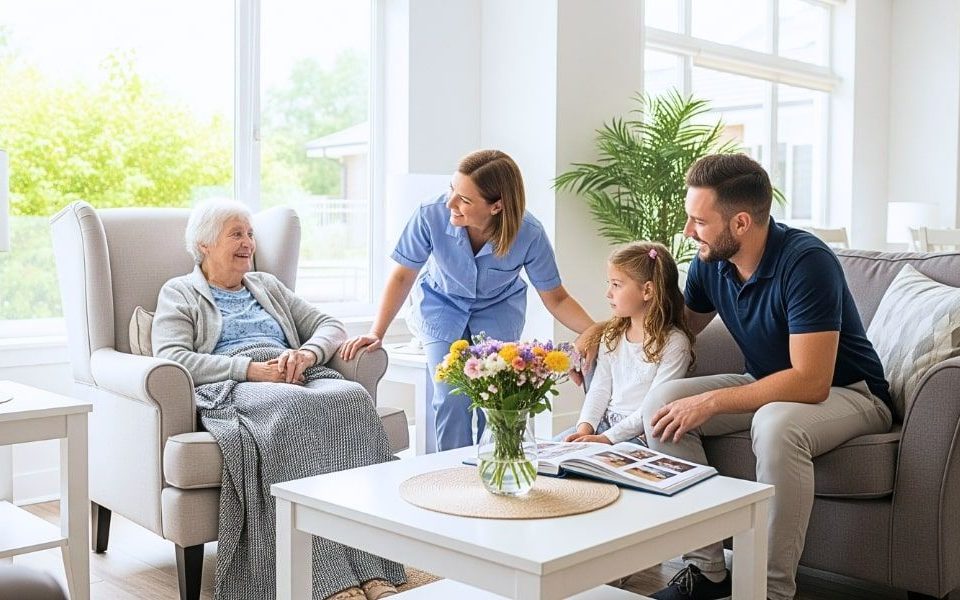
Assistive technology for Dementia helps seniors perform daily activities, improve their safety, and monitor their overall health. Specifically, it supports mobility, memory, communication, interaction, and outdoor and indoor safety.
Embracing this type of technology increases the level of care for seniors with Dementia. Assistive technology will aid healthcare professionals in monitoring seniors’ health 24/7.
Devices for Assistive Technology for Dementia
Assistive technology for Dementia uses smartphone apps, alarms, and smart systems to relieve dementia-related challenges. These tools enhance the well-being of individuals living with Dementia.
Smartphones
Smartphones keep seniors connected with their loved ones. Video calls and messages are cost-efficient ways to communicate. Smartphones also function as alarms for daily tasks, managing appointments and medication, and facilitating online shopping. Smartphones have electronic medical IDS that give health information about the patient. Plus, being phones, smartphones are helpful in emergencies.
Clocks and Alarms
If seniors have difficulty using smartphones, they can access radio-controlled and digital LCD clocks with large digits that offer easy visibility.
Some clocks visually represent the time of day or use light to distinguish morning, afternoon, and evening. This feature helps seniors with Dementia overcome their struggle with time perception.
GPS Tracking Devices
Tracking devices act as essential safety measures for wandering dementia patients. These devices offer peace of mind by triggering alerts to family members if the person moves outside a designated area.
Smart Systems
Devices like Amazon Echo, Google Home, and Apple HomePod support individuals with memory challenges.
These voice-activated devices set reminders, answer questions, create shopping lists, and even record television programs.
Electrical Appliance Monitoring Device
This new technology monitors electrical appliance usage, alerting family members when an appliance is on or off. It provides remote assurance about the individual’s activities, especially when prolonged appliance use poses risks.
Cameras in the Home
Installing cameras offers remote visibility for family members. Many devices link to smartphone apps, allowing real-time monitoring of the individual’s well-being.
Electronic Medications Management
Various digital pill dispensers and boxes alert dementia patients or family caregivers about medication times. Dispensers can be linked to a vibrating alarm on a device to ensure the safe and effective management of medications.
Large Picture Phones
These phones feature large buttons programmed with frequently called numbers.
Some phones have clear buttons displaying photos of family members for quick and easy emergency communication.
Choosing The Right Type of Assistive Technology for Dementia Patients
When choosing assistive technology for dementia patients, consider these factors:
It is always good to test which assistive technology will work best for seniors with Dementia. You must consider needs and budget first. Additionally, seniors and healthcare providers need time to adapt to the technology.
Talk to a healthcare professional about how assistive technology for Dementia can help seniors improve their well-being.
Innovative, Experienced, and Trusted Senior Living Community
Looking for exceptional service and care for your loved one? Welcome you to our senior living communities, where the health and well-being of our residents are our top priority. Please contact Bethel Gardens Senior Living and we’ll answer any questions you may have.
Thanks for visiting!



